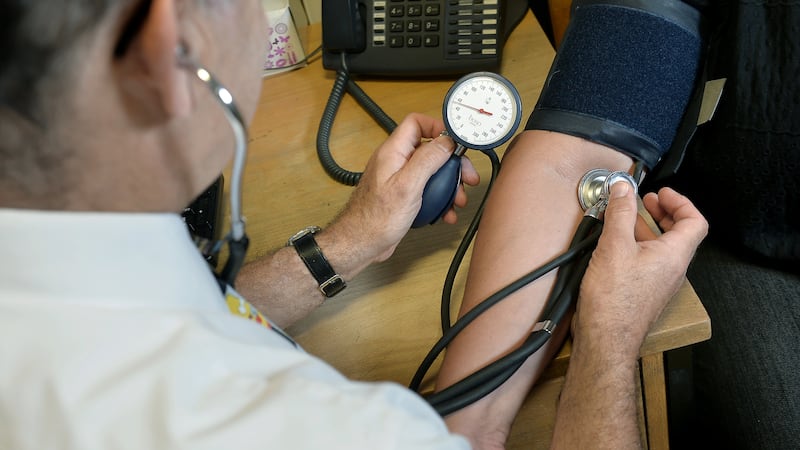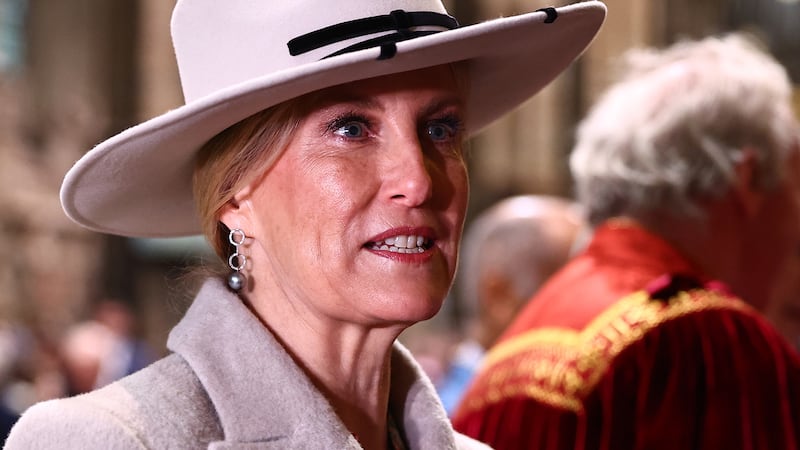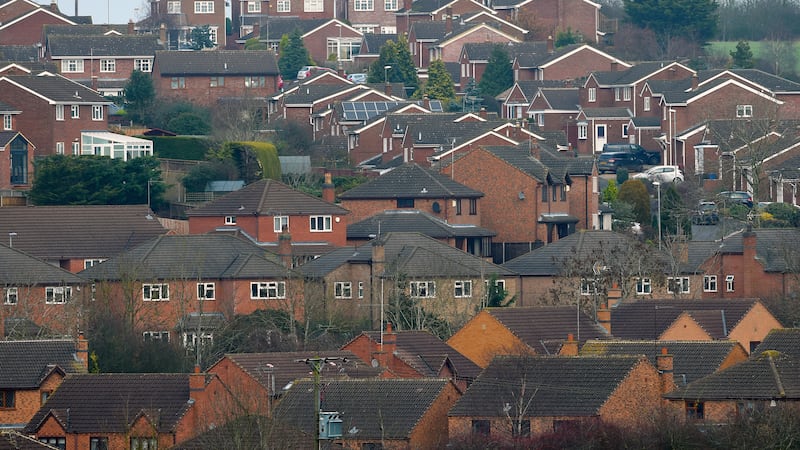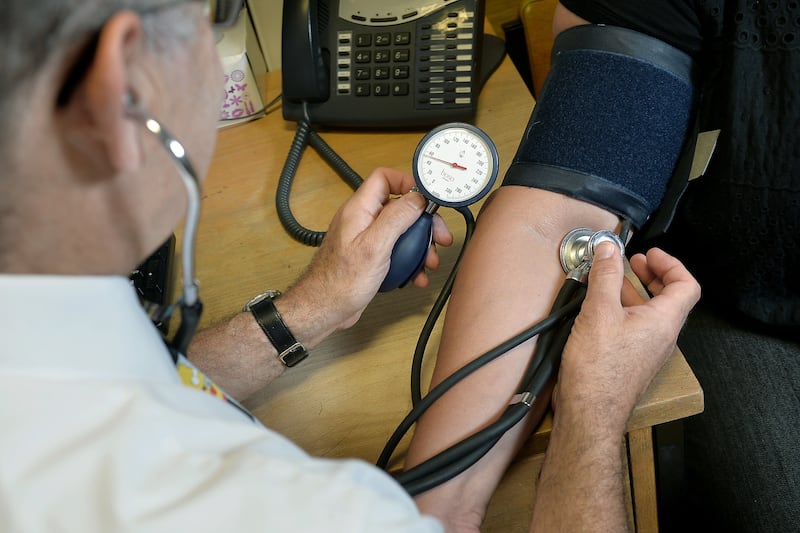One in 20 people who call their GP for help are told to call back on another day, according to a major new poll of patients in England.
And more than one in 10 were told they would need to wait for more than two weeks for care.
Some 5.3% of people were told to “make contact again another day, as the GP practice could not help that day”, according to the new survey by NHS England and the Office for National Statistics (ONS).
The proportion who are told their practice could not help that day is highest in north east London where 12.2% of patients were told to call back another day.
The NHS England/ONS survey, which was carried out between January 16 and February 15, also asked participants about their experiences of contacting GP surgeries.
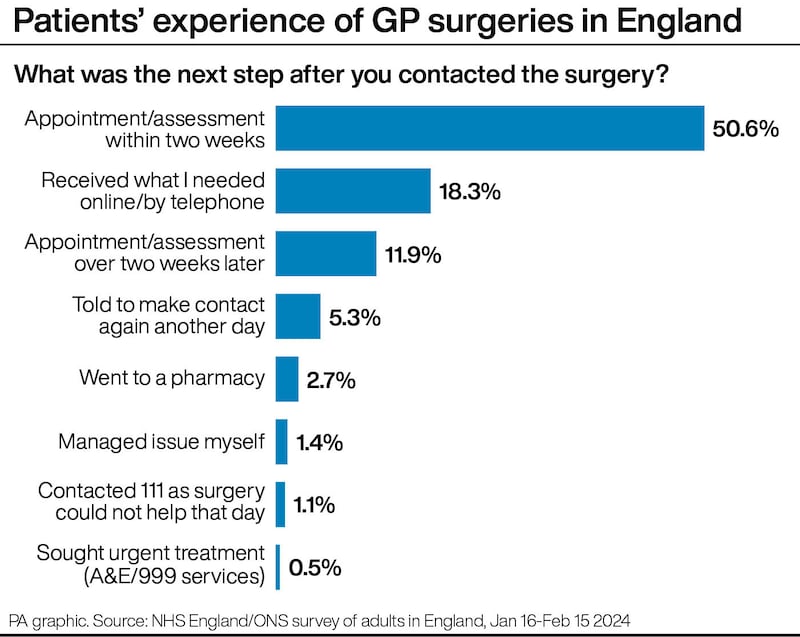
Among those people who tried to contact a GP practice in the past month for themselves or for someone else, nearly half (49.4%) said it was very easy or easy while nearly a third (31.3%) said it was very difficult or difficult.
The proportion finding it very difficult or difficult was highest among 25 to 34-year-olds (40.2%) and lowest among people aged 70 and over (20.4%).
Patients in Leicester, Leicestershire and Rutland reported the highest proportion of finding it hard to contact their surgery, with 45.8% saying they found it difficult or very difficult.
Among those people who told the survey they had contacted their surgery successfully, 60.9% said they had done so by telephone and speaking to a member of staff, 20.6% did so online through a GP practice website or app, 12.5% said they had done so in person and 4.5% said they had done so using the NHS website or app.
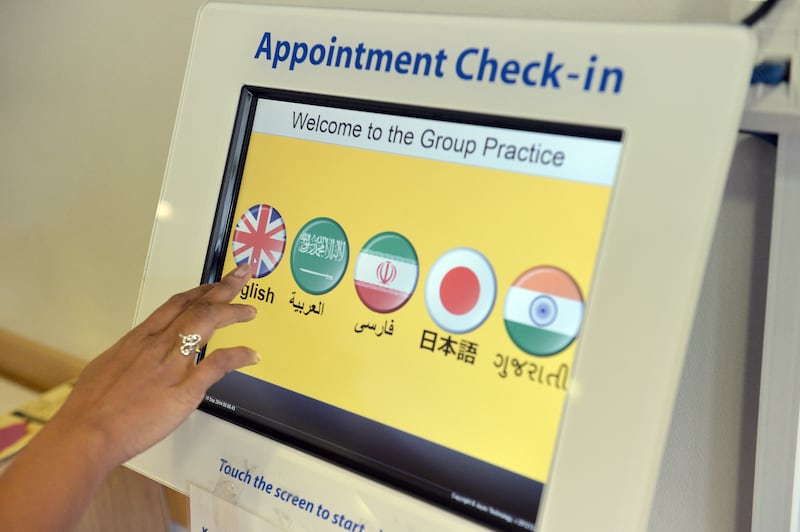
Some 50.6% said they were given an appointment or assessment within two weeks of making contact, 18.3% received what they needed online or by telephone, 11.9% were given an appointment or assessment over two weeks later, while 5.3% were told to make contact again another day as the surgery could not help that day.
A further 2.7% said their next step was to go to a pharmacy while 0.5% said the next thing they did was seek urgent treatment including A&aE or 999 services.
Among all respondents who tried to contact a GP practice in the past month for themselves or someone else, 63.7% said their experience of the practice was very good or fairly good while 20.4% said it was very poor or fairly poor.
The survey is based on responses from a sample of nearly 90,000 adults aged 16 and over in England.
All the figures have been age-standardised, which means they take into account population size and age structure to ensure a fair comparison between different groups.
On average, the NHS is now offering around 1.4 million GP appointments every working day, according to NHS England.
Figures for February show that GP teams in England delivered 30 million appointments in February – up from 25 million pre-pandemic.
Almost seven in 10 appointments took place within a week of booking, while two-thirds of appointments took place face-to-face, NHS England said.
Dr David Wrigley, deputy chair of the British Medical Association’s general practice committee for England, said: “We all want the same thing: GPs want to be able to see their patients, and patients want to be able to see their GP.
“It is no wonder patients are unable to get an appointment in a timely fashion with their GP because, without adequate funding and resources, this is getting harder to achieve.”
Dr Margaret Ikpoh, vice chair of the Royal College of GPs, added: “We know how much our patients value the care that GPs and our teams offer, and we share their frustrations when they struggle to access it when they need to.
“Despite years of underfunding and poor workforce planning, hardworking GP teams are still managing to provide a positive experience for most patients, with nearly two-thirds stating that their experience of general practice was good.”
Meanwhile, the new survey also highlighted how long people have been waiting for hospital care.
Around one in seven adults (14.7%) in England who are waiting for a hospital appointment or treatment say they have been waiting for at least a year.
And around one in 13 (7.8%) of all survey respondents waiting for a hospital appointment or treatment said they had been waiting for more than 18 months.
Young adults were more likely to be waiting for more than a year for care compared to other age groups – 21.3% of 16 to 24-year-olds said that they had been waiting for at least 12 months.
Among those people who are disabled and whose day-to-day activities are limited a lot by their health condition, nearly one in four (23.6%) said they have been waiting at least a year, compared with nearly one in eight (11.8%) who are non-disabled and have no health conditions.
The data also showed a sharp contrast between how long people are waiting in the poorest parts of the country compared to the richest – 21.3% of people in the most deprived areas were waiting for more than a year compared to 12.4% in the least deprived regions.
Some 18.3% of adults in north-west England waiting for a hospital appointment or treatment told the survey they have been waiting 12 months or longer, the highest of any region.
South-west England had the next highest figure (16.9%) while Yorkshire & the Humber had the lowest (9.1%).
An NHS England spokesperson said: “The official published statistics on NHS waiting lists actually show 6.3 million patients were on NHS waiting lists as of the end of January and only 4.2% of waits were over a year.
“Work is ongoing to reduce the longest waits for patients but despite pressures and industrial action, hardworking NHS staff ensured the covid backlog has fallen for four months in a row and 18-month waits are down almost 90% on their peak.
“In terms of GP care, almost two-thirds of people are happy with their experience, and millions more are being given appointments compared to before the pandemic.”
